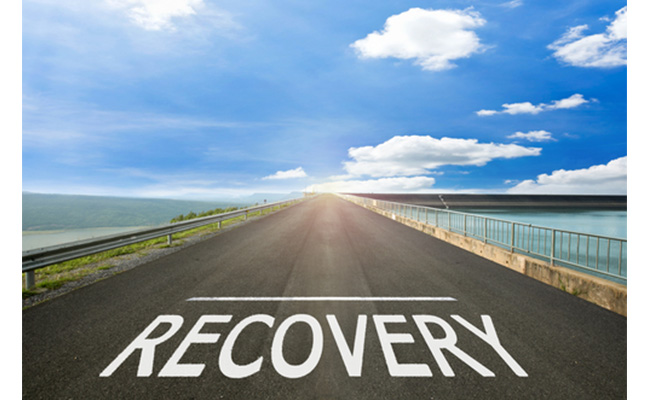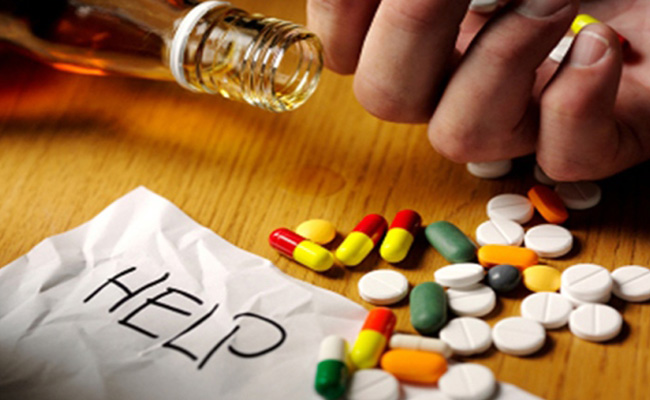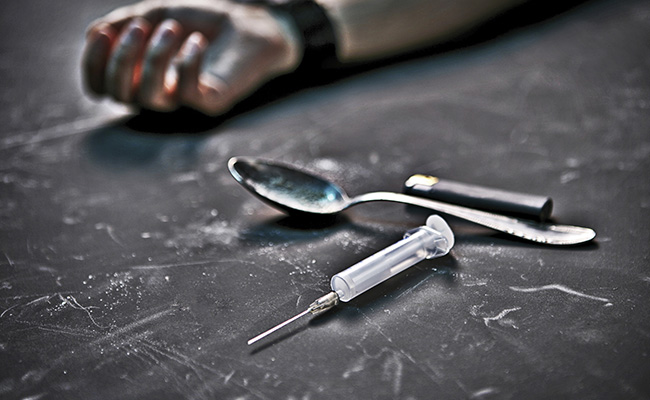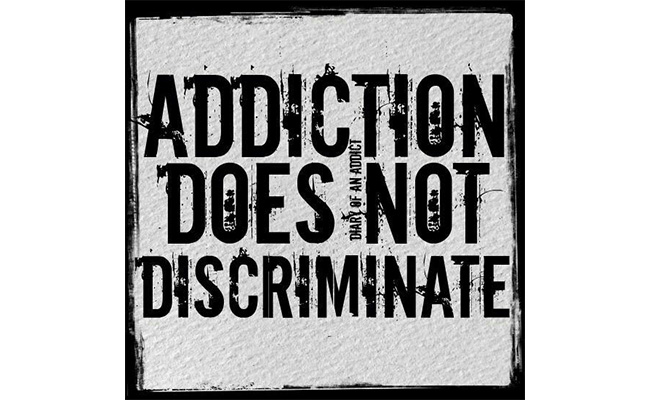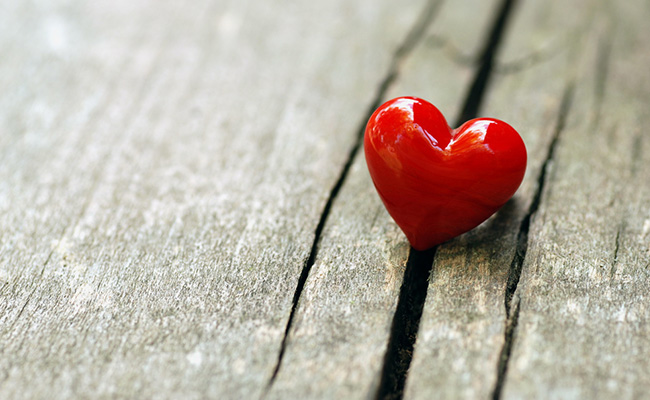Recovery – Many people who are in recovery from drug or alcoholism have a tendency to think in all or nothing terms. This is known as black and white thinking. When it comes to recovery, this is a good thing.
In order to recover from addiction or alcoholism, there is no gray area. Recovery requires someone to remain abstinent from all drugs and alcohol one day at a time. If you smoke a joint or drink a bottle of beer, you have relapsed. If you stay sober and do not drink alcohol or use any type of mood or mind-altering substance, you are in recovery. It’s black and white – no gray.
But that’s where it stops. Thinking in black and white in other areas of life is unhealthy. It is important to keep in mind that while the world is vibrant with color, life is about learning how to live in the gray.
Some Examples Of Black And White Thinking
Understanding black and white thinking is the first step to recognizing it when it happens. Thinking in terms of black and white is a set up to feeling bad about yourself, having unrealistic expectations of others, and being generally disappointed.
Here are some examples of black and white thinking:
You make a mistake at work. It was a careless mistake that you made because you weren’t paying attention and you had other things on your mind. Your boss notices your blunder and talks to you about it. Rather than recognizing that you are a fallible human being who makes mistakes, you beat yourself up relentlessly. You tell yourself that you are a total failure who can’t do anything right. You are so embarrassed, you think about quitting your job.
Your partner has a bad day at work. He or she comes home in a bad mood and yell at you because you didn’t unload the dishwasher. You become angry and lash out, screaming that you always unload the dishwasher and you don’t appreciate being accused of being lazy. You decide your partner is totally unfair and unreasonable. Instead of being understanding that your partner is just having a bad day, you consider breaking off the relationship.
You are driving down the freeway and someone cuts you off in traffic. You think that all people are selfish, inconsiderate jerks and you decide you are sick of other people. Rather than acknowledging the person made a poor decision and blowing it off, you stay angry the rest of the day.
How To Learn To Live In The Gray
It’s important to remember that few things in life are all or nothing. There is almost always an in between. Furthermore, there is almost never a situation that doesn’t have a deeper explanation that would allow you to be forgiving and understanding if you knew the extent of it.
When you find yourself using words like always, never, completely, totally, everyone, or no one, you are usually guilty of black and white thinking. If you approach the world with an attitude of tolerance, patience, and understanding, you are more likely to operate in the gray. This will make you a much more content human being who has realistic expectations of yourself, others, and the world around you.
CLICK HERE to get a Free Confidential Addiction Rehabilitation Assessment.
